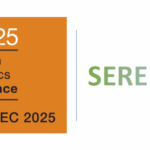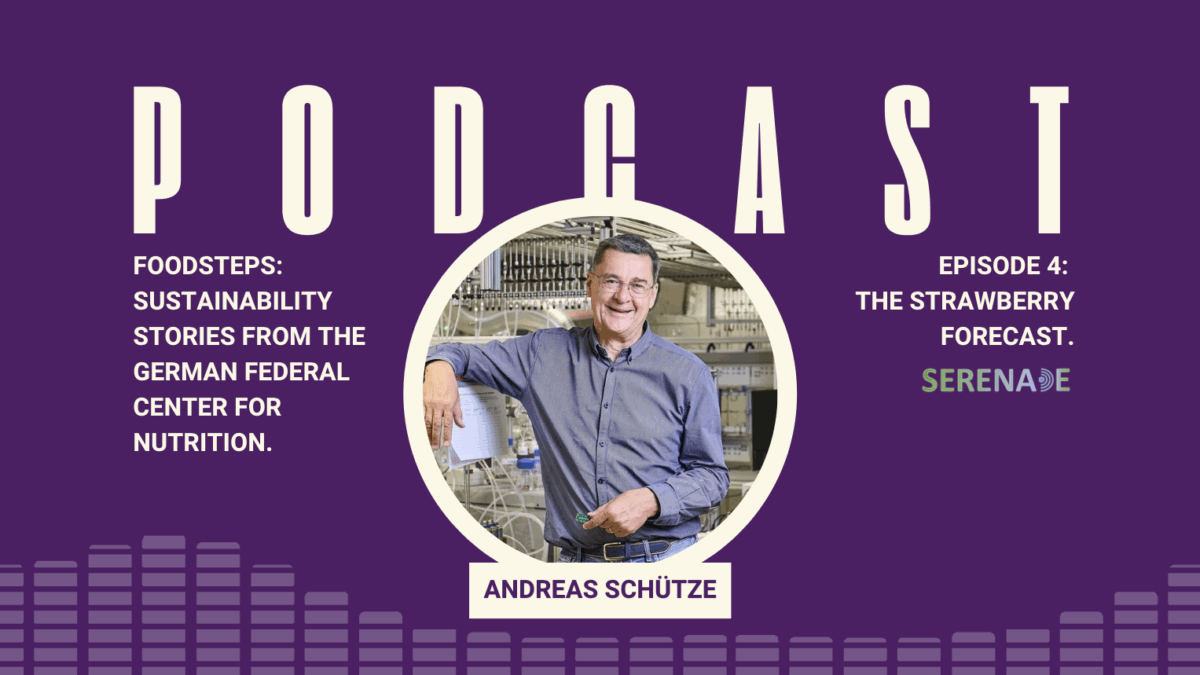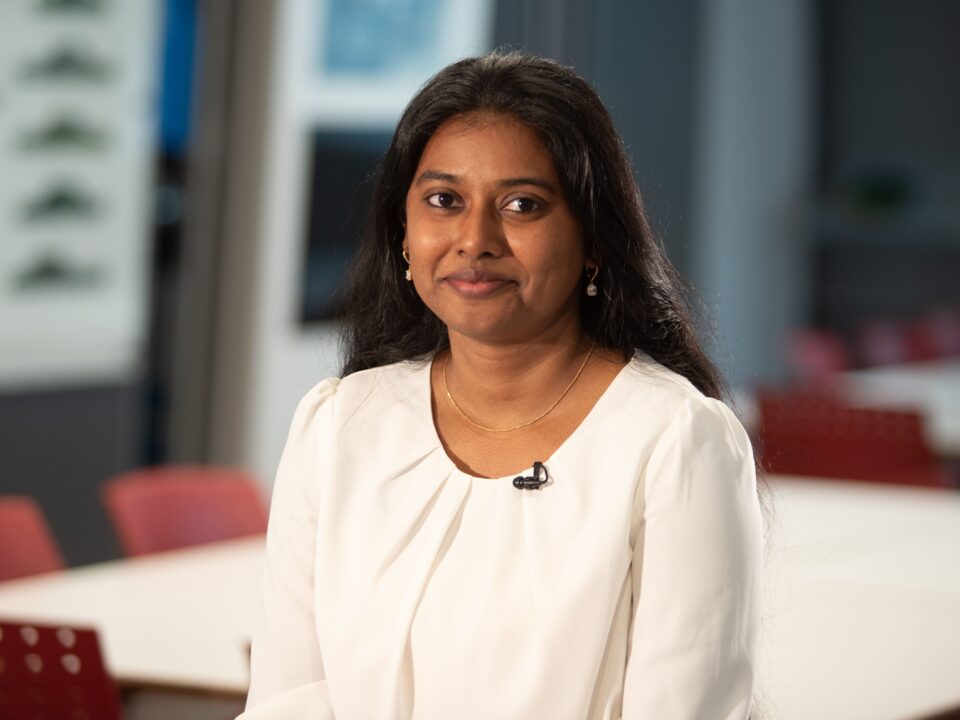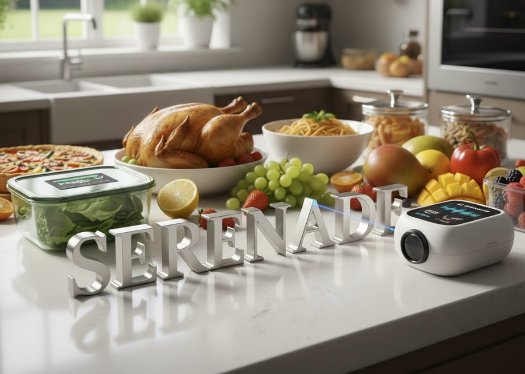
Serenade Project DC Initial Plan and 2-Years Update
November 19, 2025
SERENADE Project to Showcase Innovations in Bioplastics at the European Bioplastics Conference 2025
November 25, 2025Ever stood in front of your open fridge, holding a container of leftovers, and played the “sniff and guess” game? You ask yourself: “Is this still good? Will it be okay tomorrow?” It’s a daily dilemma in kitchens everywhere, and it leads to a staggering problem: food waste.
Here comes a fantastic German podcast, “Foodsteps,” that dives headfirst into this issue and explores a solution that sounds like it’s straight out of science fiction—but is closer to reality than you think. The episode, “The Strawberry Forecast,” features USAAR colleagues: imagine a lid on your Tupperware that can smell the food inside and predict its freshness. Using tiny gas sensors, it analyzes the air in the container to tell you if your lasagna, berries, or other leftovers are perfectly fine (green light), should be eaten today (yellow light), or are past their prime (red light). This isn’t just a cool gadget; it’s a potential game-changer in a fight the European Union is taking very seriously.
The EU’s Green Deal and the War on Waste
This kind of innovation doesn’t happen in a vacuum. It’s a direct response to a major European policy push. Under the European Green Deal and its Farm to Fork Strategy, the EU has set an ambitious goal: to halve per capita food waste at the consumer and retail level by 2030.
Why? Because the 11 million tonnes of food wasted in Germany alone—more than half in private households—is not just a waste of food and money. It’s a waste of the water, energy, and land used to produce it, generating unnecessary greenhouse gas emissions. The EU knows that to meet our climate goals, we must empower consumers with better tools and information. Simply telling people to “waste less” isn’t enough; we need smart, intuitive solutions that fit into their daily lives.
This is Where SERENADE Shines
And this, right here, is the heart of the SERENADE project.
The research highlighted in the podcast is a perfect real-world example of what SERENADE is all about. Our project is building a network of Europe’s brightest minds to develop the next generation of low-cost, intelligent electronic olfaction (e-nose) systems.
The challenges USAAR faces are the very challenges we are tackling head-on:
- Complexity: How do you train a sensor to tell the difference between the spoilage gases of a strawberry versus a complex meal like lasagna? SERENADE is advancing the AI and machine learning models that make these sensors truly “smart.”
- Reliability: To be trusted, a sensor can’t have false alarms. It needs to be incredibly sensitive and accurate. Our research focuses on creating new sensor materials and systems that can detect these spoilage indicators down to parts-per-billion.
- Sustainability: A device designed to reduce waste must have a positive environmental footprint. SERENADE is committed to developing energy-efficient and sustainable sensor technologies.
The work at Saarland University is a brilliant proof-of-concept. The SERENADE project takes this vision to the next level by creating a collaborative European ecosystem to perfect and scale this technology. We are not just developing one sensor for one application; we are building the foundational platform for a future where smart sensing is integrated into our kitchens, supply chains, and environmental monitoring.
The journey from a lab experiment with strawberries to a smart lid in every European home is long, but the path is clear. By aligning cutting-edge research with the EU’s powerful policy vision, the SERENADE project is helping to write the next chapter in the story of food sustainability.
The future of food is smart, and thanks to the work of our partners and the vision of projects like SERENADE, it’s a future with a lot less waste.
Want to dive deeper? You can listen to the original German podcast here.





